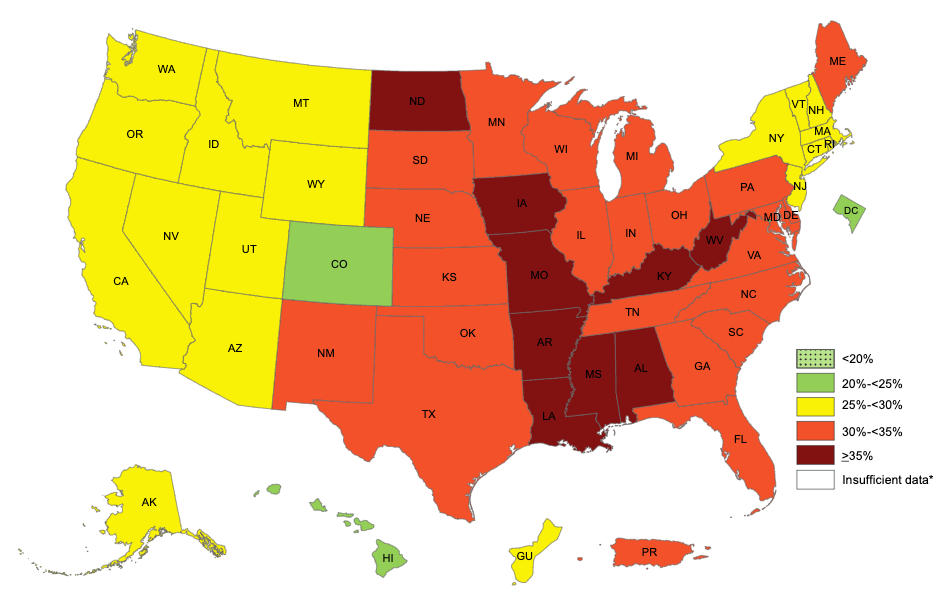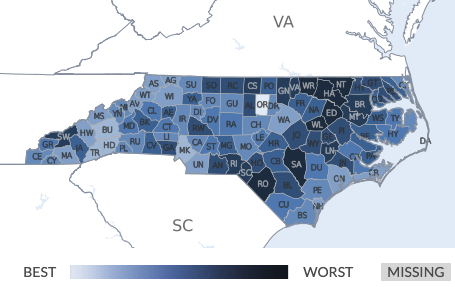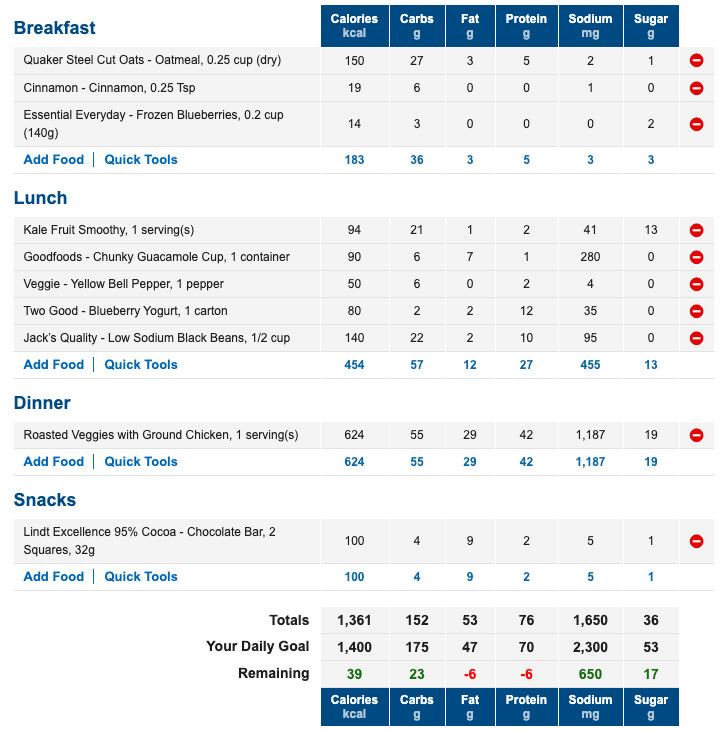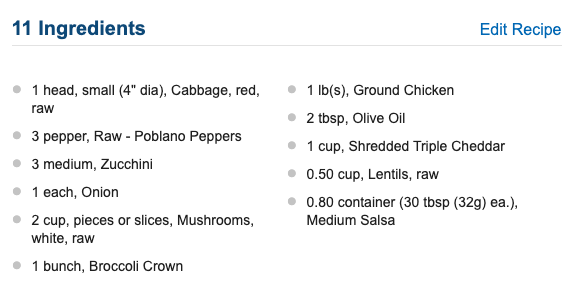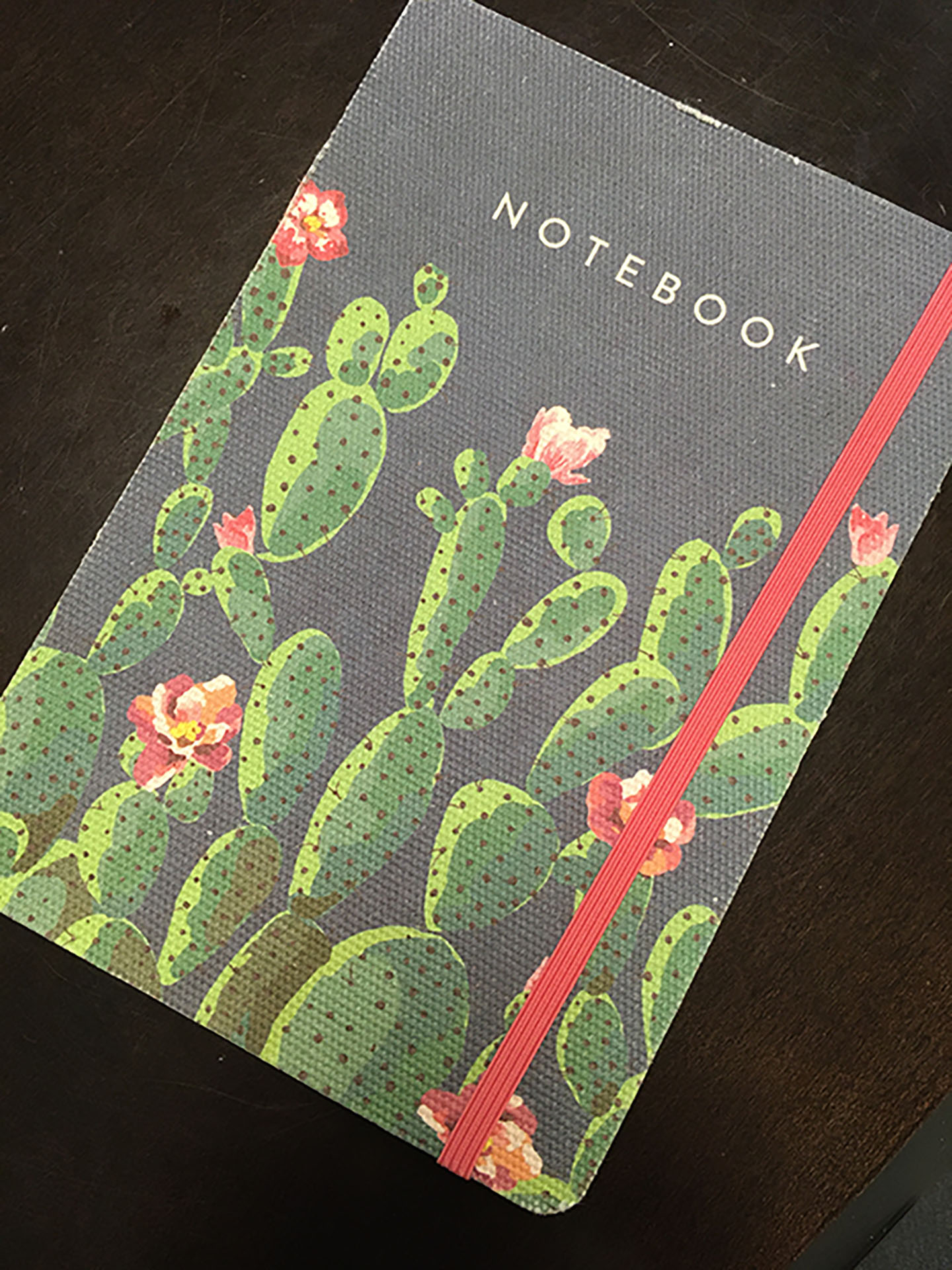As I’ve gotten older, I’ve tried to practice being mindful of how all of my hobbies, relationships, and experiences – especially the media I consume – make me feel. I’ve also gotten quite reflective since I’ve landed a job and life that is so fulfilling and rewarding, and I’m still trying to look back to identify where everything went right for me to get here. While I’ve been sorting through all of this internally, the world around me has been telling me to pay attention to underrepresented groups, a topic that can get quite loud and political. At this point I’m sure it seems like there is no focus to this article, but at the crossroads of these three experiences I’ve uncovered a truth I now use to guide me: the power of representation.
Let’s start with my hobbies. I am a television/movie/book ADDICT. I have been since I was a kid. My ability to gauge people’s feelings and the mood of the room always seems to be in overdrive (probably unsurprising as a woman and child of divorce), and consuming these mediums gives me a break from the stress of doing that constantly with the people in my life and instead tune in on people that don’t need anything from me. As a girl, I wanted to become a pretty lawyer like Elle Woods. As a teenager, I was self-conscious of getting good grades, and instead wanted to be invited to parties and liked by boys like Peyton Sawyer. The media I enjoy most now? The Mindy Project, Booksmart, Pen15, Shrill, Black-ish, Fresh Off the Boat, anything written by Leigh Bardugo… these all feature women and girls in a way that is so much more realistic and complex than what was available 10 years ago. In my pursuit of being more mindful, when I turn off the TV or put down a book I like to check in and bring my attention to how that experience made me feel about myself. I am never walking away from these thinking about how much I should really lose that 5 lbs I’ve put on or wanting to post a quick selfie on social media to make sure I still feel accepted by my peers, and there have definitely been shows that have done that to me!
I don’t think I’m alone in being influenced by the media (e.g. every advertisement ever). This morning I watched a story on CBS Sunday Morning about Bob Moore, a man who quit his job working at gas stations in his 50’s to start Bob’s Red Mill with no mill-related experience. He did this because he checked out a book at the library – about a man who purchased and rebuilt an old grain mill with no mill-related experience. For Christmas my mom received a DVD box set of China Beach, a show from the 80’s about a young brunette Army nurse that she used to watch. We watched a few episodes together and learned that the main character was the only girl in a family of five brothers. My mom watched this as a 17-year-old brunette and the only girl in a family of five brothers. She joined the Army after high school, then a couple of years later left and started a successful nursing career.
Certainly television and books aren’t the only things that direct people’s life decisions. Like I mentioned earlier, I’ve been reflecting a lot on which parts of my life brought me to earning a PhD in a field where less than 30% are held by women, and how I’ve gotten so freakin’ lucky to be in a career I like so much. Well, it turns out I have had A TON of women in my life who pulled me up, advised me, and gave me permission to pursue things because I saw someone who looked like me doing them.
I watched my mom go to nursing school, move around the country, and take care of us. I never questioned whether or not I could handle moving to a new place on my own to pursue an education. My undergraduate research advisor introduced me to what a PhD was as a junior chemistry student. Nobody in my books or TV shows were talking about getting a PhD and no one in my family had gone to graduate school. I didn’t consider it and certainly didn’t know where to start until she encouraged me to go, because I honestly didn’t know it was an option for me. I then spent five years studying under the first female organic chemistry faculty member at my university. The biggest lesson I learned from her was how to be a woman in a professional setting often dominated by men. She spoke up, questioned, criticized, gave her opinions, promoted herself, owned up to her mistakes, advised younger women faculty and just overall did what needed to be done without apologizing, tip-toeing around people’s feelings, or being timid. These people were sign posts that gave me visibility to what “people like me” could do. Now in my next chapter, my supervisor and executive director are both women. I don’t think it’s a coincidence that I seek out and follow these role models.
Ok cool, Alex – you’ve been influenced by watching other women. Nobody is surprised. WHAT IS THE POINT OF THIS ARTICLE? My point is that coming to this realization during a climate that’s drawn our attention to underrepresented groups has made me hyper-aware of where I may have ended up if none of these characters in the media or the people I followed were white women with a similar background as me and a life I wanted to integrate into my future. Before I got to this realization, I used to listen to people around me question initiatives like affirmative action and agree when they brought up points like how unfair it would be to admit someone to a university with slightly lower test scores just because they came from an underrepresented group. I get the point now – without positive representation of people who look like and relate to you, these are opportunities that would never cross your mind as an option to pursue. Bob Moore had his milling book, my mom had the army nurse from China Beach, I had my female advisor introduce a PhD to me, and now a black girl has Bo Johnson from Black-ish to expose the possibility of medical school for her.
This realization has completely shaped the way I see the world. Our personalities, careers, character traits, and expectations of what we can achieve are guided by the people we look up to in both our lives and in the media. No, I don’t have a PhD and a good job because I worked hard. I’m here because I worked hard AND followed people along this path who supported me and exposed me to these options. It’s not hard to understand why white men get defensive when it’s implied that they’re only successful because of their race and gender. White men make more money and climb higher in their careers on average because they worked hard AND followed people along the path who exposed them to these options. People from other groups aren’t less successful on average because they don’t work hard. They’re less successful on average because they work hard BUT the people they look up to often aren’t reaching the same achievements, so they either aren’t considering themselves capable of reaching loftier goals or may have no clue where to start to get there. Surprisingly, the book “Hillbilly Elegy” about a white man in Appalachia was actually one of the most influential presentations of this idea for me, and I would highly recommend checking it out.
This recognition has made me very appreciative of my own personal sign posts, empathetic to those who don’t see or can’t access the same paths, and motivated to help bridge this gap where I can. While I’ve focused mostly on careers, this concept also applies to the hobbies we adapt, the way we treat people, and the way we treat ourselves, like the nutrition decisions I discussed in my last post. I only have my own experiences to draw from, so if you’re interested in getting introspective about who the sign posts were along your path, I’d really enjoy hearing about them and how they influenced your perception of your abilities if you’re willing to share with me.

